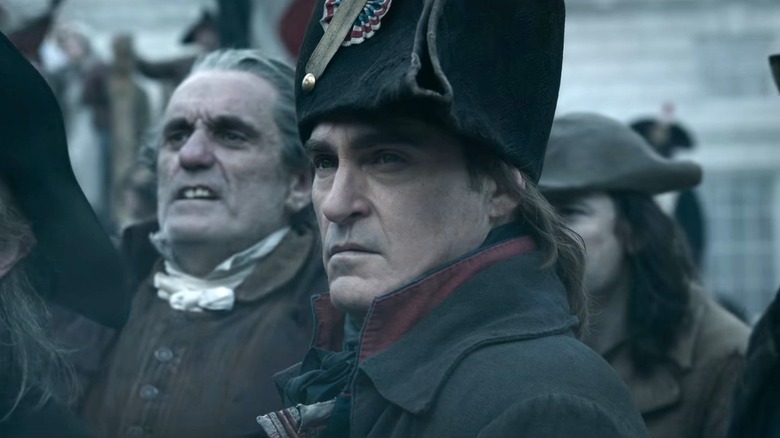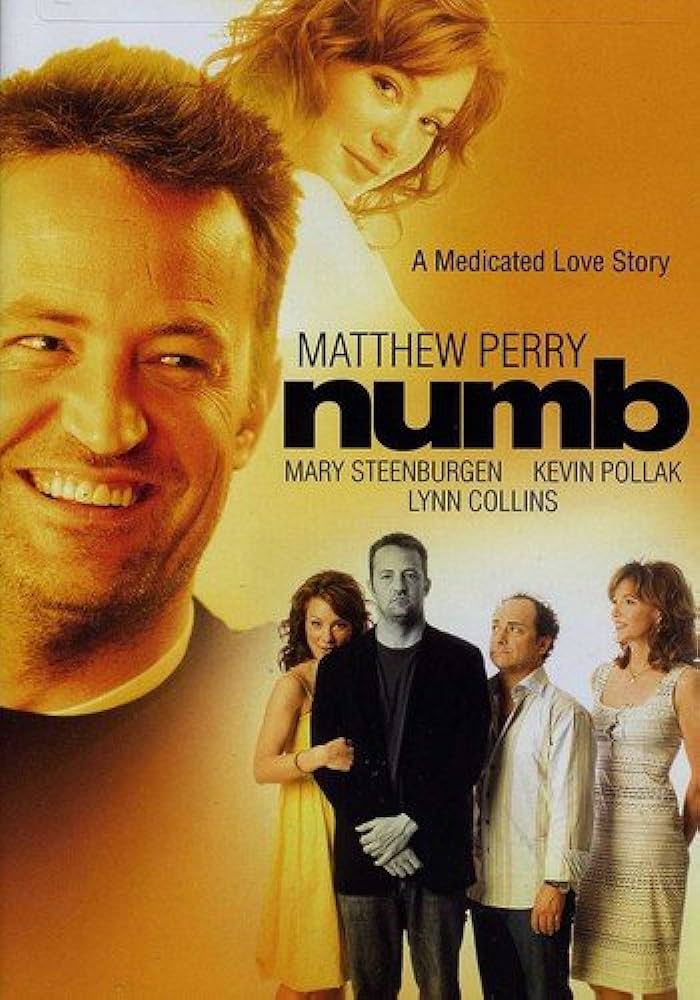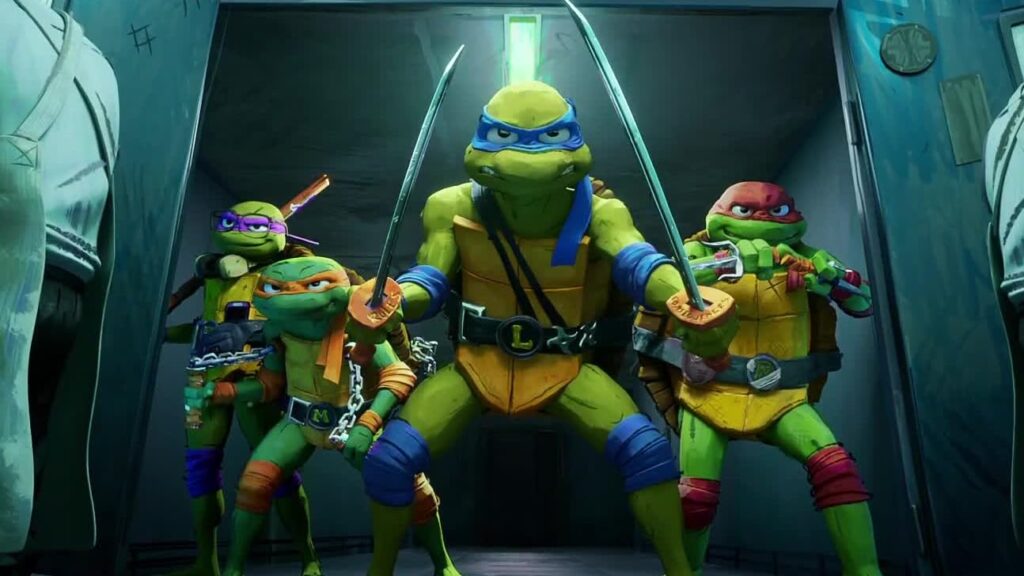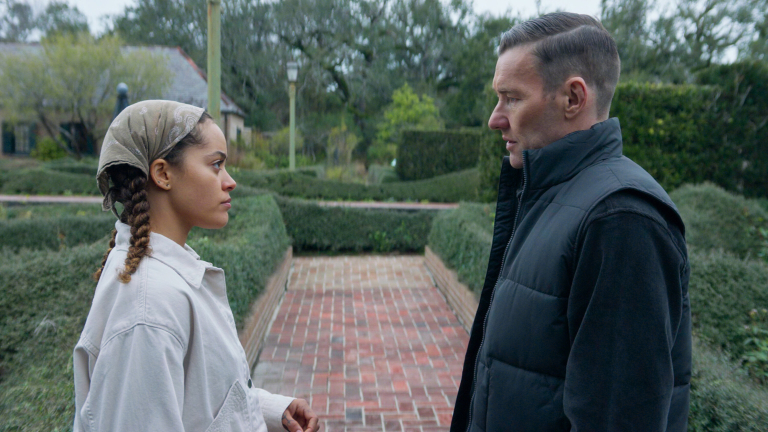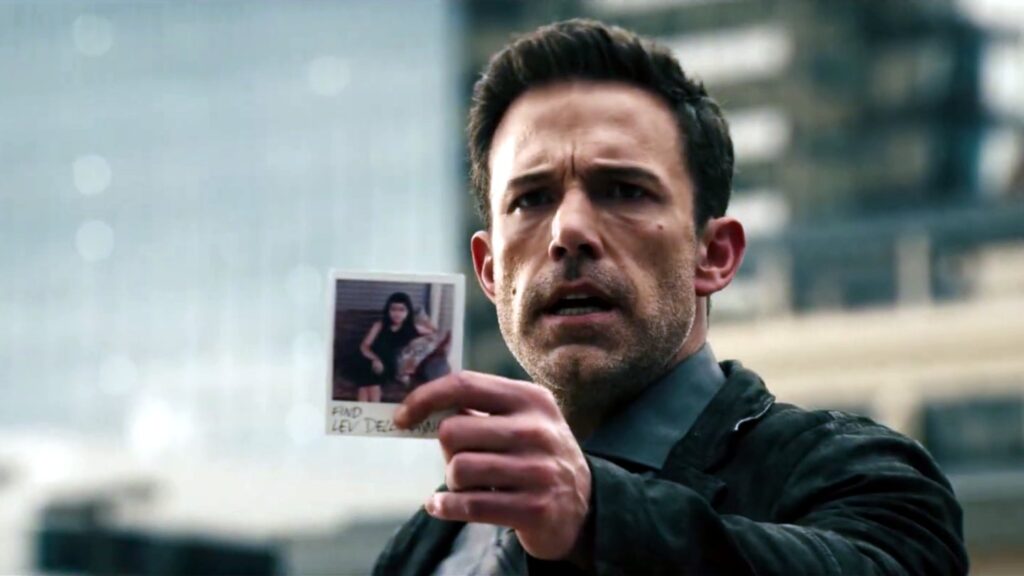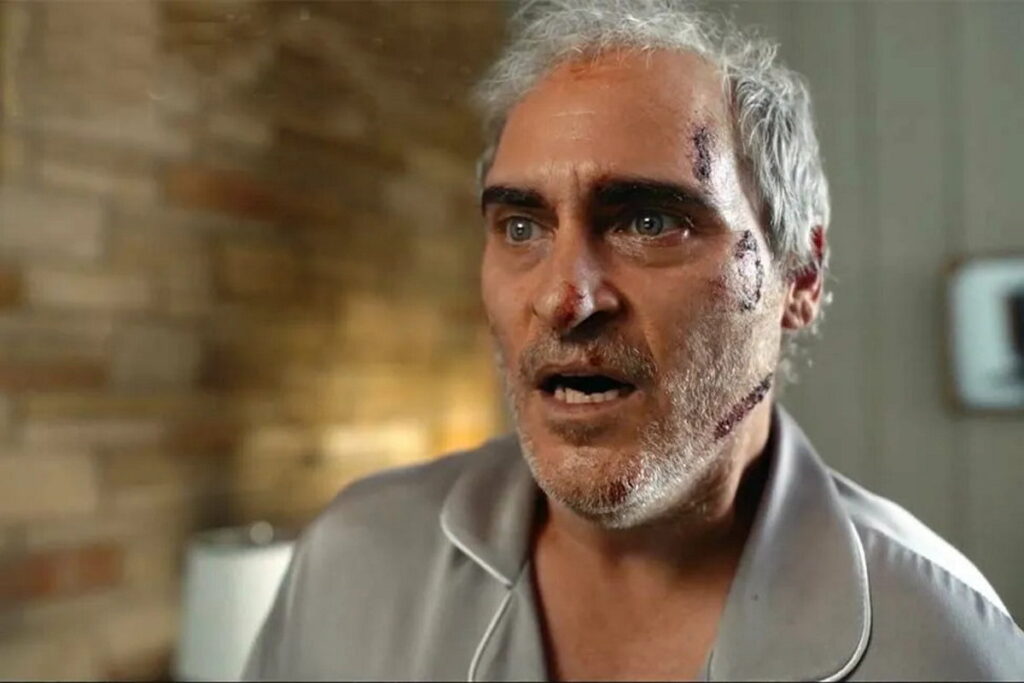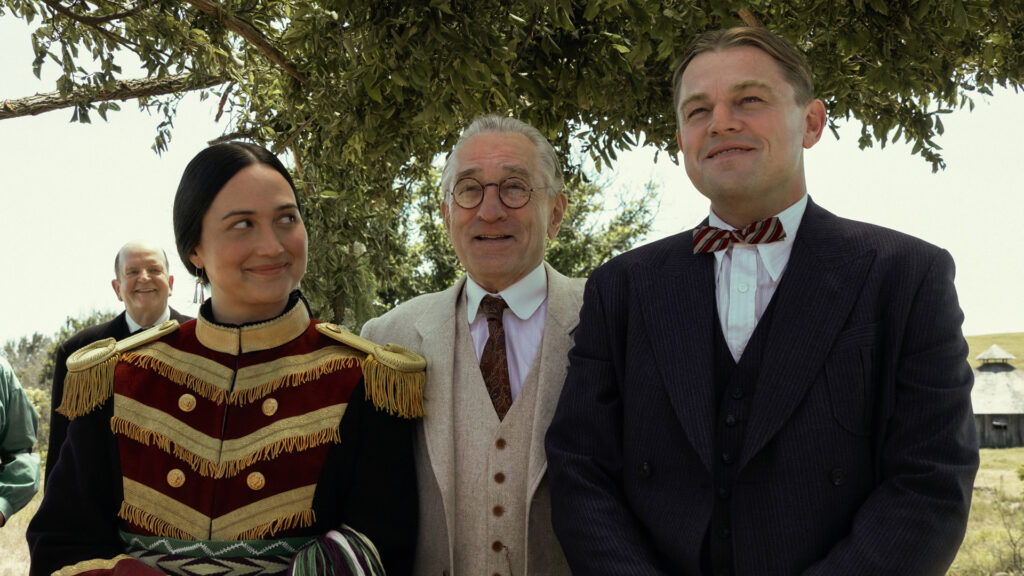
I had quite a conflicted experience while watching Killers of the Flower Moon. On one hand, it is a well-crafted film with the best of intentions. It examines a dark and important piece of American history, shedding further light on the despicable and inhumane treatment of Native Americans at the hands of greedy and soulless white Americans. On the other hand, it is a dramatically impotent chore through which to sit, and it often makes you forget the urgency and power of its subject matter.
Based on the nonfiction book by David Grann, the film pretty much begins in 1920s Oklahoma, several years after members of the Osage tribe gained great wealth from the discovery of oil on their land. A powerful, greedy, and sociopathic ranch owner (Robert De Niro) enlists his veteran nephew (Leonardo DiCaprio) to help rob the Osage of their assets and, eventually, murder them one by one. In order to get on their good graces, DiCaprio marries a member of the tribe (Lily Gladstone) and begins a family with her. He then goes on to repeatedly and heartlessly betray her by not only directly hurting her but also by aiding in the further harm of her people. The FBI (in its early stages) eventually becomes involved, with an investigation led by an agent portrayed by Jesse Plemons.
Needless to say, there is a plentiful amount of meat on the bone to this story. The problem is, no matter how fascinating its subject matter may be, the film’s execution isn’t exactly riveting. Director Martin Scorsese ditches the trademark, frenzied kineticism and endless innovation that defines most of his masterworks (Taxi Driver, Raging Bull, Goodfellas) in favor of a more languid, mature, and inconspicuous style. While I applaud and admire Scorsese’s restraint, Killers of the Flower Moon simply isn’t the right film for it. It needs Scorsese’s fire, passion, and ingenuity. As it stands, the film is like a sturdy-yet-uninspired made-for-television movie made by a fully capable filmmaking team, but could have been directed by just about anyone. Sadly, nothing about it stands out as being particularly effective or memorable.
De Niro and DiCaprio both give typically committed, focused, and intense performances. Unfortunately, their characters are so one-note and uninteresting that it’s hard to appreciate much of anything about either of the powerhouse actors’ work. The film makes a great error in making them the main characters of the movie. Their ignorant and destructive nature grows increasingly tiresome and their lack of humanity is consistently unsympathetic and unrelatable. Centering the story on Plemons’ FBI agent could have made for a more digestible and entertaining film, but telling it entirely from the point of view of the Osage would have made it far more powerful and unique.
Gladstone is the heart and soul of the movie. Her scenes are the most successful because they are written with an obvious care that is sorely lacking from large portions of the script. Not to mention, Gladstone’s layered, vulnerable, and integrity-laden performance makes it easy to care about and empathize with her. Making her the main protagonist of the film could have given it the amount of humanity that it so desperately needs.
Flawed screenplay and production choices aside, the film’s primary fault is its sluggish pacing and bloated running time. I watched the three-and-a-half-hour film in the comfort of my own home with a short break, and it still felt like an unbearably lengthy experience. I can’t imagine the agony of having to sit through the entire thing in a movie theater without an intermission. It’s simply too long and far too improperly paced to be a movie that can successfully be consumed in one sitting. There is nothing in the film that made me think it wouldn’t have been better off if it lost forty-five minutes to an hour of its length.
Killers of the Flower Moon deserves credit for trying to convey aspects of America’s unsettling and corrupt history. Unfortunately, the uninspired nature of its execution, its confused and improperly structured screenplay, and its seemingly endless duration make it seem like a painfully colorless history lesson taught by a very dispassionate and disorganized teacher. It’s an average movie with heaps of unrealized potential made by some of the film industry’s most talented players—all of whom struggle to get out from under the weight of its inescapable flaws.
GRADE: C


